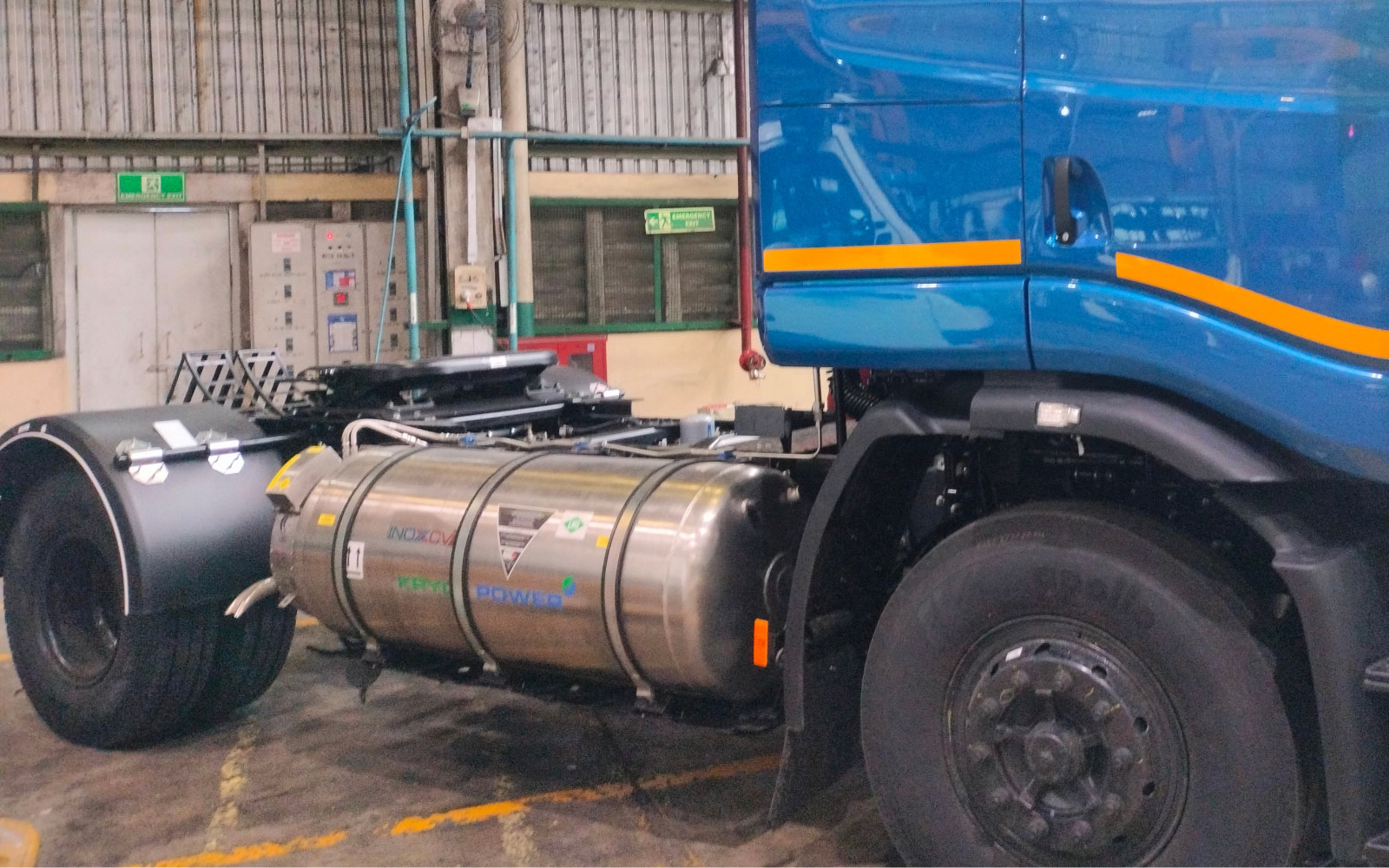The surface transportation industry is undergoing a significant transformation, particularly in the realm of long-haul trucking. As the world shifts towards more sustainable practices, LNG fuel is emerging as a frontrunner in this transition. Let us understand why the use of LNG as a fuel for truck transport is the next big thing, with a special focus on the role of the LNG fuel tank for trucks.
Understanding LNG Fuel
Liquefied Natural Gas (LNG) is natural gas that has been cooled to a liquid state at approximately -162°C. This cooling process reduces its volume by about 600 times, making it easier to store and transport. Using LNG fuel tanks for trucks enables fleets to utilize this efficient energy source, which is both cost-effective and environmentally friendly.
Advantages of LNG Fuel in Truck Transport
-
Cost Efficiency
One of the most compelling reasons to adopt LNG in trucking is its cost efficiency. LNG is typically 10-25% cheaper than diesel, leading to significant savings over time. Fleet operators can expect to reduce their fuel costs by up to 40% when switching to LNG-powered trucks. The LNG storage tank systems provided by manufacturers like INOXCVA are designed to optimize this cost advantage, ensuring that operators can maintain lower operational expenses while benefiting from the high energy density of LNG.
-
Environmental Benefits
The environmental advantages of LNG are substantial. Compared to diesel, LNG trucks emit up to 28% less carbon dioxide (CO2) and virtually eliminate sulfur oxides (SOx) emissions. Additionally, they produce up to 59% less nitrogen oxide (NOx) and significantly reduce particulate matter emissions. This makes LNG a cleaner alternative, contributing positively to air quality and helping organizations in the surface transport business meet their sustainability goals.
-
Enhanced Performance
Trucks using LNG as a fuel do not compromise on performance. They provide comparable power, acceleration, and cruising speed to traditional diesel vehicles while offering a longer range, typically up to 1,400 km on a full tank. The LNG fuel tank for trucks is designed for quick refuelling, allowing drivers to spend minimal time at fuel stations, thus enhancing overall operational efficiency.
-
Noise Reduction
Another significant advantage of LNG is its quieter operations compared to diesel engines. This feature allows LNG-powered trucks to operate in low-emission zones and residential areas without disturbing local communities. The reduced noise pollution can be particularly beneficial for logistics operations in urban environments where noise restrictions are in place.
-
Infrastructure Development
As the demand for LNG grows, so does the infrastructure supporting it. The establishment of LNG storage tanks and refuelling stations across major highways facilitates easier access for long-haul trucking fleets. Companies like INOXCVA are at the forefront of developing these infrastructures, ensuring that logistics providers have reliable access to LNG fueling options.
-
Safety Considerations
LNG is non-toxic and non-corrosive, making it a safer alternative compared to diesel fuels. It does not spontaneously combust until it reaches extremely high temperatures (over 650°C), which significantly reduces fire risks during transport and storage. Furthermore, modern LNG storage tanks are designed with advanced safety features that adhere to strict regulatory standards.
-
Government Incentives
Authorities are promoting the use of LNG through various incentives such as tax breaks, subsidies for purchasing LNG trucks, and exemptions from tolls for LNG vehicles. These incentives make transitioning to LNG not only an environmentally responsible choice but also a financially sound one for fleet operators.
The Future of LNG in Truck Transport
The future looks promising for LNG as a fuel source in truck transport. As more logistics companies recognise the benefits of switching from diesel to LNG, we can expect an increase in demand for LNG fuel tanks for trucks and associated infrastructure like LNG storage tanks and LNG dispensers. Companies that invest in this transition will likely gain a competitive edge as they align with global sustainability trends.
Conclusion
The advantages of using LNG fuel in truck transport are manifold—cost efficiency, environmental benefits, enhanced performance, noise reduction, safety considerations, and supportive government policies – all of which contribute to making LNG an attractive option for fleet operators. As companies like INOXCVA continue to innovate and expand their offerings related to LNG fuel tanks for trucks and LNG storage tanks, the adoption of this cleaner fuel will likely accelerate.

